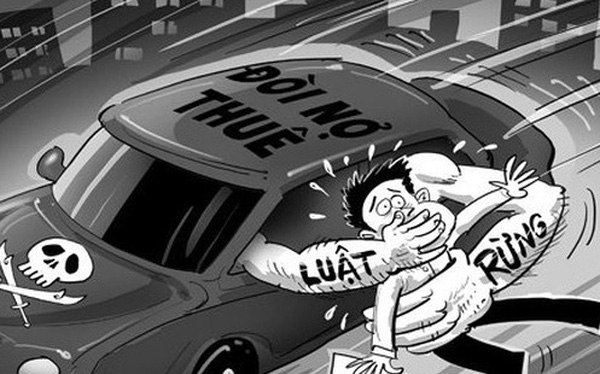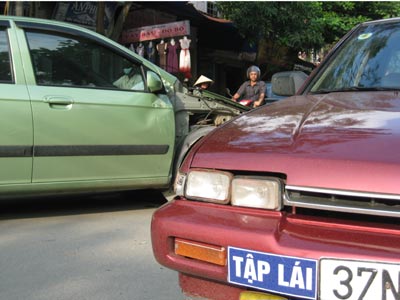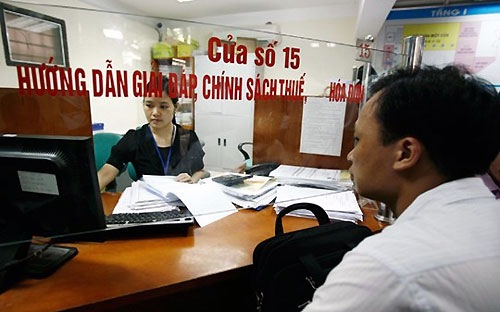Law on Investment 2020 will officially take effect from January 1, 2021. The provision of debt collection services will be one of the prohibited business lines in Vietnam. So, what is the reason?

Vietnam: Incomplete legal framework regarding provision of debt collection services causes many consequences (Illustrative Image)
Currently, the provision of debt collection services in Vietnam is one of the 243 conditional business lines stipulated in Appendix 4 of the Investment Law 2014, replaced by the Investment Law 2020 to Article 6 and Appendix 4 regarding the List of Conditional Business lines of the Investment Law.
However, under the Investment Law 2020 adopted by the National Assembly of Vietnam on June 17, 2020, effective from January 1, 2021, the provision of debt collection services in Vietnam is a prohibited business line. This is a noteworthy new point in the Investment Law 2020.
Specifically, Clause 1, Article 6 of the Investment Law 2020 stipulates:
Prohibited business lines include:
- Business in narcotic substances specified in Appendix I hereof;
- Business in chemicals and minerals specified in Appendix II hereof;
- Business in specimens of wild flora and fauna specified in Appendix 1 of Convention on International Trade in Endangered Species of Wild Fauna and Flora; specimens of rare and/or endangered species of wild fauna and flora in Group I of Appendix III hereof;
- Prostitution business;
- Human trafficking; trade in human tissues, corpses, human organs and human fetuses;
- Business activities pertaining to asexual human reproduction;
- Trade in firecrackers.
- Provision of debt collection services.
So, why is the provision of debt collection services prohibited in Vietnam?
In reality, there is always a high demand for debt collection services because increasing business, trade, and borrowing activities lead to debts and disputes, with many debts being hard to recover. Moreover, choosing the “legal path”—filing a lawsuit to collect debts—takes substantial time, money, and effort due to complex procedures, leading many creditors to turn to debt collection services.
However, in practice, debt collection services have transformed into activities involving asset extortion, usurious loans, and creating pressure on debtors, causing many consequences. The fallout from connecting debt collection with usurious loans has transformed it from ordinary business into a form of violent business, disrupting social order and security.
Although previously, the provision of debt collection services is required to meet stringent conditions stipulated in Decree 104/2007/ND-CP, current law has been unable to adequately control these activities due to unforeseen consequences. Many companies are legally registered for debt collection services but operate under the guise of legality to conduct criminal debt collection activities. To prevent adverse effects causing social disorder, the Investment Law 2020 officially bans the provision of debt collection services.
For these reasons, the Investment Law 2020 officially bans the provision of debt collection services due to the incomplete legal framework leading to many societal consequences.
Thuy Tram
 Article table of contents
Article table of contents










.Medium.png)
.Medium.png)
.Medium.png)
.Medium.png)
